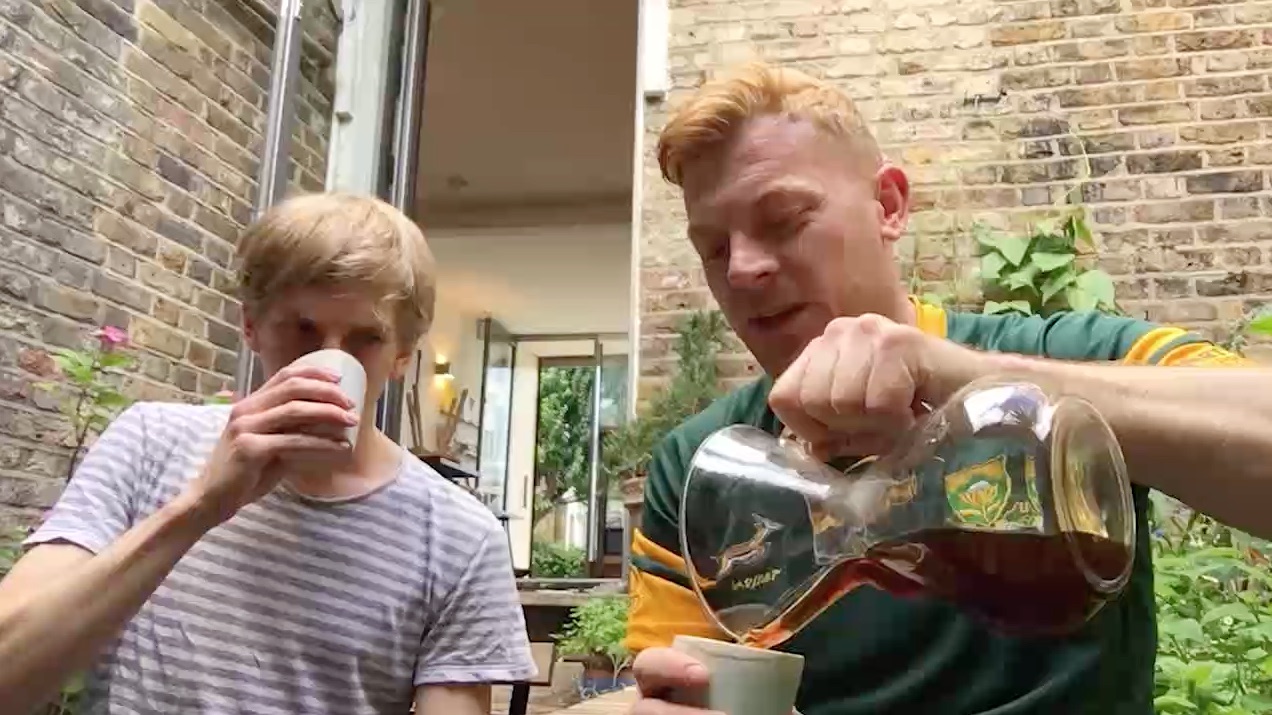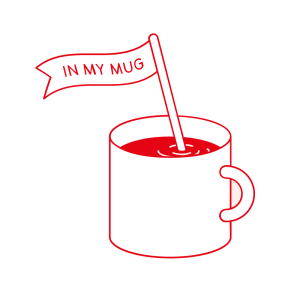
In 2014 I took my first trip to Kenya. My aim was not to meet producers but rather to get an insight into how the market works, and into how we can improve the quality of what we buy from Kenya. This is one project that emerged from the visit.
Much of Kenyan coffee comes from cooperatives, which means it's tough to go to visit a person or build a long-term relationship. That said, it is possible to get something interesting going and to work on projects together by speaking with the leaders of the co-ops and washing stations.
The Chinga mill is located near to the town of Othaya just east of the Chinga Dam. It's approximately 5 KM southwest of the town, and is in the Nyeri county part of Kenya.
The mill has some 783 members (587 male and 195 female), and each member only owns a small piece of land of an average 0.3 acres. They harvest the coffee themselves and then sell it to the mill, where it is processed and sent to the government auction.
The 'project' part of this coffee was that we asked the growers if they would naturally process a batch for us. They kindly agreed to do so, as long as we promised to buy it regardless of the final cup.
So it's a small lot in order to make sure that we didn't mess up. We also spread the risk with two coffee lots of different qualities; this is a NH that we have here, being screen 15 or above. They thought I was crazy because only the poor quality coffee in Kenya gets naturally processed, and they couldn't understand why I wanted only the best-quality coffee processed in this way. But they did it, and luckily for us it worked out better than we could have hoped.
In the cup expect the unexpected. There's a thread of blackcurrants all the way through, like you would expect from a Kenyan, but with a lovely big body and a liquorice flavour that reminds me of Pontefract cakes, whilst remaining incredibly clean throughout.
- Country: Kenya
- Province: Nyeri
- District: Othaya
- Affiliated to: Chinga Farmers Cooperative Society
- Processing: Natural
- Average rainfall: 1,200–1,500mm
- Altitude: 1,795 m.a.s.l.
- Drying method: sun
- Harvest method: hand picked
- Coordinates: 0°34'45.4"S 36°55'35.2"E
- Soil: rich volcanic loam
More Episodes
 2021-10-16
2021-10-16
 2021-09-25
2021-09-25
 2021-09-11
2021-09-11
 2021-07-31
2021-07-31
 2021-07-24
2021-07-24
 2021-07-17
2021-07-17
 2021-07-10
2021-07-10
 2021-07-03
2021-07-03
 2021-06-26
2021-06-26
 2021-06-19
2021-06-19
 2021-06-12
2021-06-12
 2021-06-05
2021-06-05
Create your
podcast in
minutes
- Full-featured podcast site
- Unlimited storage and bandwidth
- Comprehensive podcast stats
- Distribute to Apple Podcasts, Spotify, and more
- Make money with your podcast
It is Free
- Privacy Policy
- Cookie Policy
- Terms of Use
- Consent Preferences
- Copyright © 2015-2024 Podbean.com






